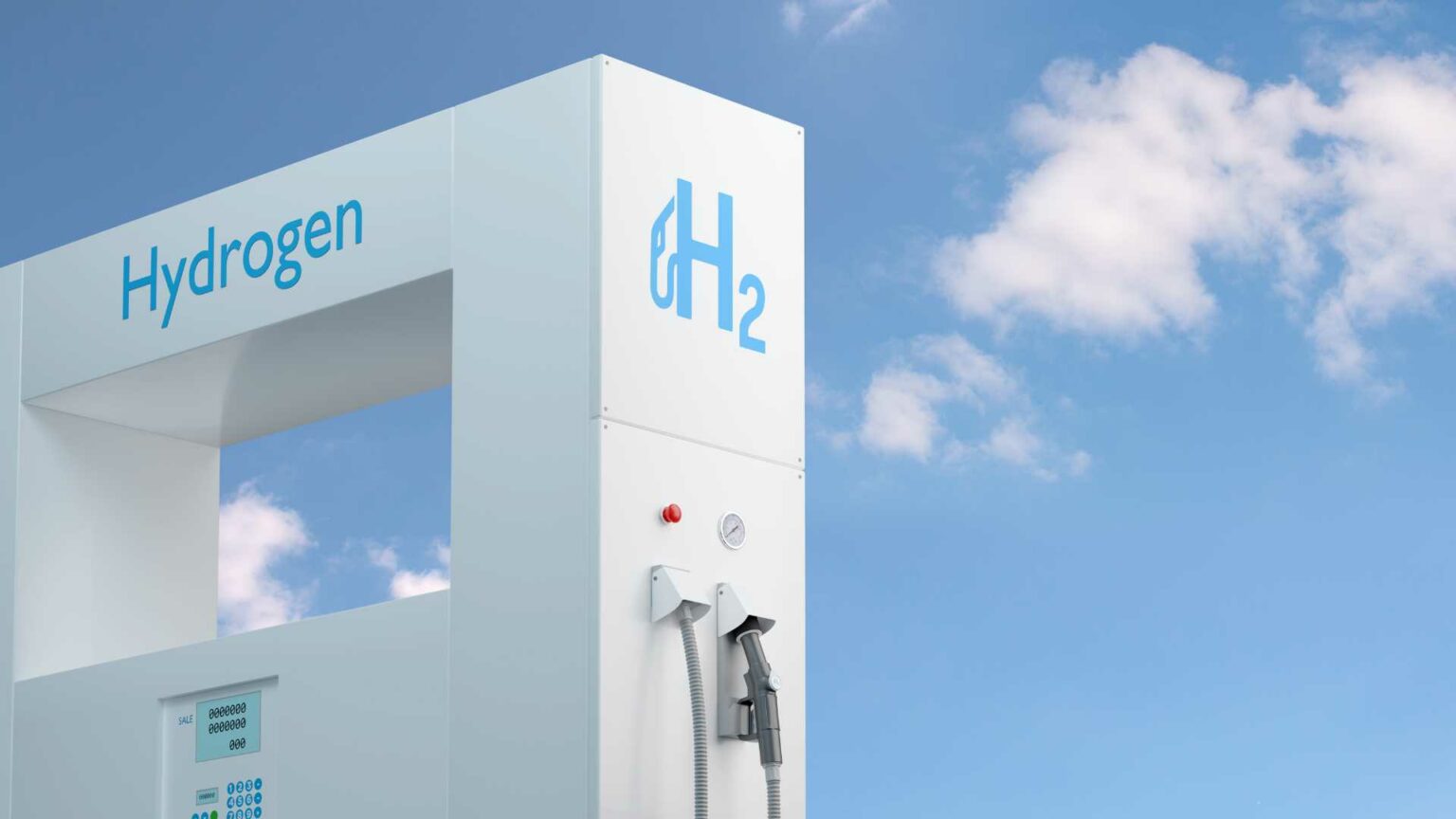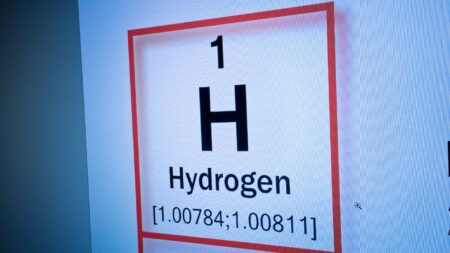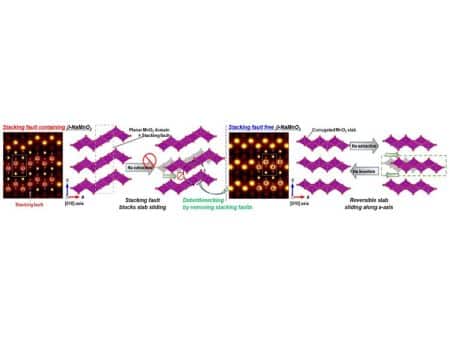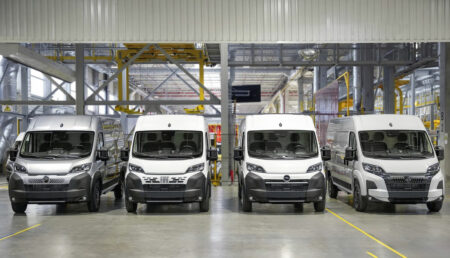A recent study published in the International Journal of Hydrogen Energy by Xin Yang, Wen Wang, Zhao Wang, and Fanhua Ma investigates the optimization of pre-cooling processes in high-pressure hydrogen refueling stations (HRS). The study, in the journal’s October 2024 issue, presents a novel simulation model to enhance the efficiency and safety of hydrogen refueling operations.
With hydrogen fuel cell vehicles (FCVs) being a promising solution to reduce greenhouse gas emissions, developing effective and safe hydrogen refueling stations is crucial. The study is particularly relevant as it addresses the thermal management challenges in refueling stations that employ 70 MPa hydrogen storage vessels. These vessels are designed for long driving ranges but face significant temperature control issues during rapid refueling.
Key Findings
The authors developed a thermodynamic model incorporating a compact heat exchanger for pre-cooling hydrogen before entering the refueling station’s storage tanks. The model simulates the dynamic process in a cascade HRS, which includes three-stage storage tanks with varying pressures. Key findings from the study include:
1. The inlet temperature and mass flow rate significantly influence the hydrogen temperature at the heat exchanger’s outlet.
2. Optimal pre-cooling can effectively lower the final gas temperature in the storage vessel, reducing safety hazards and improving the state of charge (SOC), indirectly extending FCVs’ driving range.
3. Ambient temperature fluctuations and initial vessel pressure are crucial in determining the optimal pre-cooling parameters. Precisely, a 10 K increase in ambient temperature can adjust the optimal pre-cooling temperature upwards by 4 to 6 K. Similarly, an increase in initial vessel pressure by 2 MPa can reduce the required pre-cooling duration by approximately 10 seconds.
The simulation focuses on a high-pressure hydrogen refueling station with a cascade storage system and a pre-cooling unit. This unit employs a compact heat exchanger that utilizes refrigerant from a chiller to cool the hydrogen. By analyzing the temperature at the heat exchanger’s outlet and other operational parameters (such as pressure and mass flow rate), the model allows for real-time adjustments to optimize the pre-cooling process.
The findings of this research provide a pathway to designing more effective pre-cooling systems that enhance the safety of hydrogen refueling and reduce energy consumption. This has direct implications for developing more efficient and economical hydrogen refueling stations, which are critical for the widespread adoption of hydrogen fuel cell vehicles.
As the hydrogen market continues to grow, improving the efficiency and safety of refueling infrastructure is essential. The insights from this study can lead to the development of advanced refueling stations that are better equipped to handle the demands of future hydrogen vehicle fleets. This can accelerate the adoption rate of FCVs by ensuring that refueling is both safe and efficient.
The study underscores the importance of temperature management in hydrogen refueling stations. Refueling stations can decrease energy consumption and minimize risks associated with high-temperature hydrogen storage by optimizing pre-cooling processes. This research highlights a critical step towards achieving reliability and efficiency in hydrogen infrastructure, which is vital for the sustainable growth of the hydrogen economy.
Key Takeaways
– A new simulation model addresses pre-cooling optimization in high-pressure hydrogen refueling stations.
– The model examines how pre-cooling impacts hydrogen temperature, SOC, and energy consumption.
– Optimal pre-cooling parameters can be adjusted based on ambient temperature and initial vessel pressure.
– Enhanced pre-cooling leads to safer and more efficient hydrogen refueling stations, supporting the growth of FCVs and the hydrogen market.








